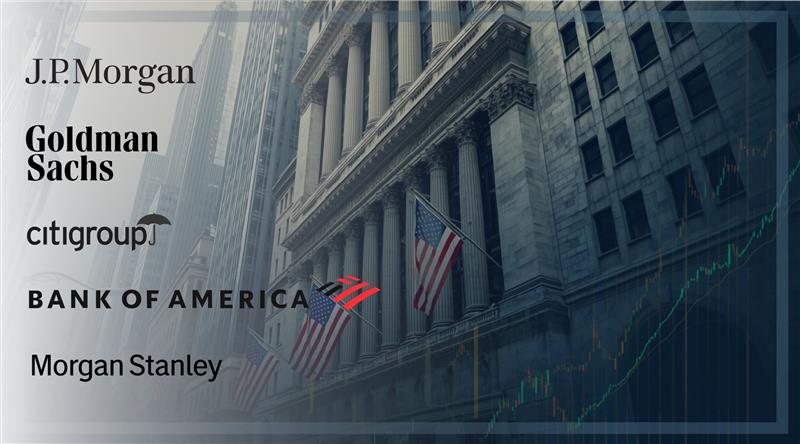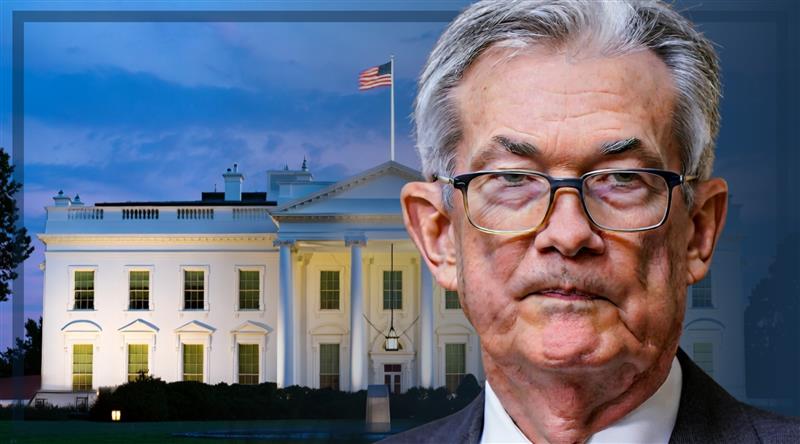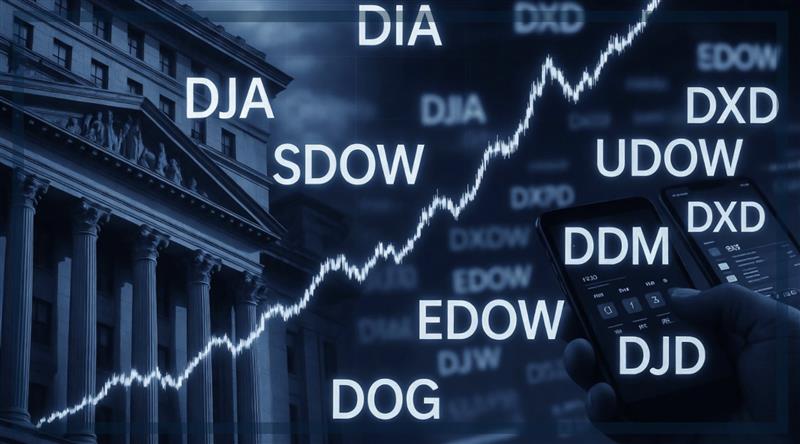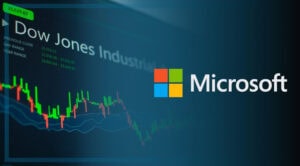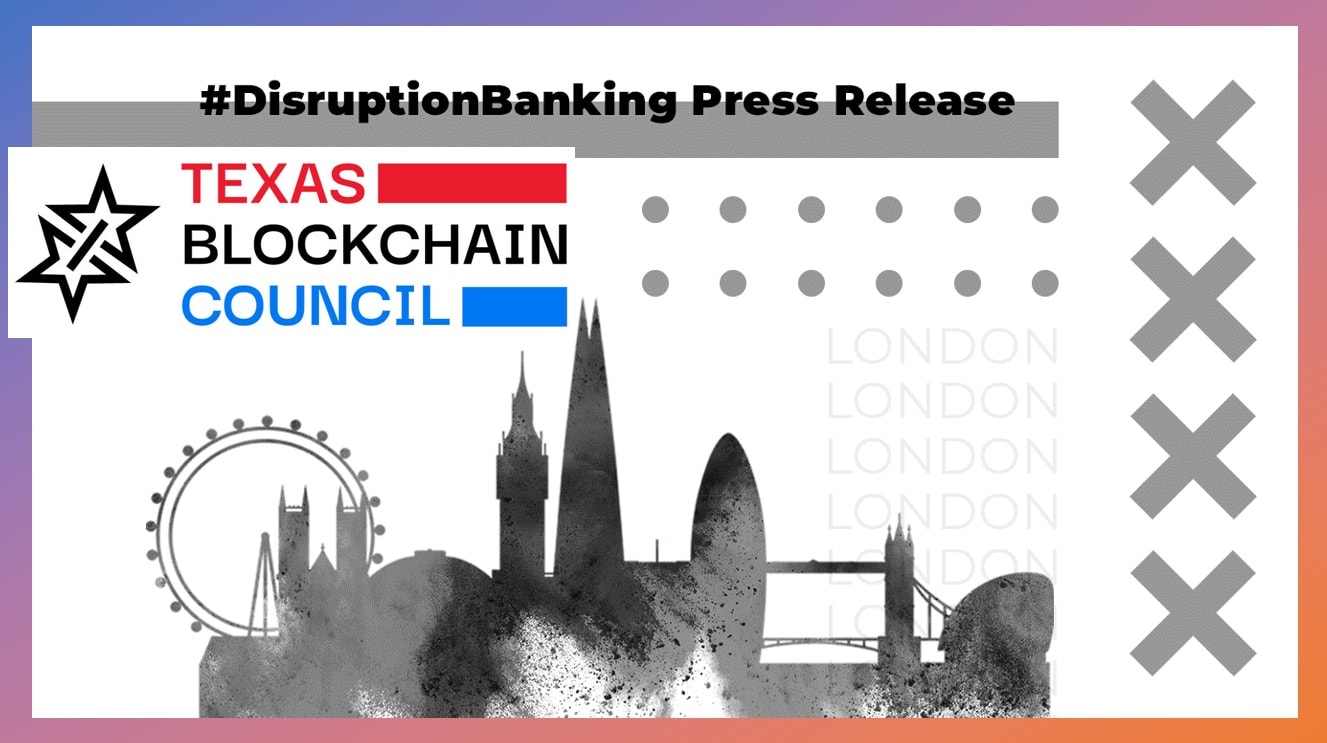The Nigerian Naira (NGN) has experienced turbulence since 2023. When President Bola Tinubu took office in Abuja in May of that year, he scrapped Nigeria’s complicated array of exchange rates and let the currency float. Overnight, the naira tumbled — from about 460 NGN/USD during the elections to nearly 1,500 NGN/USD by the end of 2024.
It was a painful reset, but one the government in Abuja said was necessary. Now the important question is: how strong will the Nigerian Naira (NGN) be in 2026? The answer will depend on two things — what happens to global oil prices and whether Nigeria can stay disciplined with its own policies. And just around the corner, the 2027 elections add another layer of uncertainty.
Stabilizing the Naira: Gains and Trade-offs
The Tinubu administration’s reforms included scrapping petrol subsidies and ending central bank “printing” of money, leading to a rapid improvement of foreign reserves and trade balances. The current account swung into surplus and reserves rose above $40 billion. At the time of writing, the naira is trading around ₦1,530–₦1,535/USD in the parallel/black market, while the official Central Bank of Nigeria or CBN rate is about ₦1,490/USD.
The IMF opined that these FX-market reforms and interventions “have brought stability to the naira,” with inflation falling to roughly 24 percent — as of April — from an annual 31 percent in 2024.
In short, aggressive fiscal policy has halted the naira’s worst declines, but it has come with very high inflation (around 35 percent by late 2024). CBN’s monetary policy rate is still a punishing 27.5 percent to temper price rises, though inflation has eased more recently, down to about 20.12 percent year-on-year in August from around 22-23 percent earlier this year.
What Will Shape the Naira in 2026?
Looking forward to 2026, oil prices remain crucial to the economy. Nigeria’s budget assumed $75/barrel, but Brent has hovered closer to $68. The IMF warns that below $60, the current account surplus could flip to a deficit, straining the naira, per a local news report. A rebound, though, would bolster FX inflows. Fitch points to rising output and the Dangote refinery, for example, cutting fuel imports as early relief for the currency.
Monetary policy has also steadied markets. The CBN’s tight stance and unified FX window improved liquidity, with Nigeria even posting a balance-of-payments surplus last year. After the April 2025 IMF/World Bank Meetings, Governor of the CBN, Olayemi Cardoso stressed that central bank policy is focused on bringing inflation “to single digits in a sustainable manner,” a message that boosted investor confidence and reserves.
Fiscal discipline will be crucial. If the administration in Abuja avoids subsidy spending and keeps rates high, the naira should hold. But with the IMF projecting 37 percent inflation in 2026, any premature loosening could trigger weakness. Politics adds uncertainty. The 2027 elections could unsettle confidence if transitions aren’t smooth.
External conditions including tariffs will weigh heavily on the economy. A strong US dollar and higher global rates would pressure the naira, while a weaker greenback offers relief. Still, reforms and reserve gains earned Nigeria a Fitch upgrade to ‘B’ with a stable outlook in April. Fitch expects, “barring a major shock,” only modest depreciation ahead.
At the 11th Annual Conference and General Assembly of the West Africa Association of Public Accounts Committees (WAAPAC), Minister of Finance and Coordinating Minister of the Economy Wale Edun hailed these changes as transformative, noting that “The reforms are delivering measurable impact in terms of investor confidence, reduced spending on fuel imports, greater energy self-sufficiency, and value addition in our economy.”
Three Scenarios for the Naira’s Future
To answer the question “How strong will the Nigerian Naira be in 2026?” The scenarios are split three ways.
The first is high oil price/reform success, or low oil price/rising inflation. If crude stays at $70–80 and output rises with new refineries, FX inflows could lift reserves and steady the naira. In the best case, forecasters see it hovering in the low 1,400s NGN/USD or even 1,300 NGN/USD if everything goes as forecasted. If oil slips below $60 and inflation nears the IMF’s 37 percent projection by 2026, reserves would be drained. The naira could slide into the high 1,500s NGN/USD or 1,600s NGN/USD, with forex shortages worsening the pressure, per the IMF.
Policy continuity is the next scenario. If Abuja sticks with reforms — no subsidy rollback, tighter fiscal discipline, and a functioning FX market — capital could trickle back. Credit agencies already say sustained reform and FX transparency have “reduced near-term macroeconomic risks,” keeping the naira around mid-1,500s NGN/USD.
Lastly, political risks per a fiercely contested 2027 election or more complex regional, security shocks could rattle sentiment, sending the naira weaker. But a stable political situation with steady policy would bolster confidence.
In short, reforms and oil will set the trend, but politics may dictate the pace.
A Cautious Path for the Naira
Whatever happens, the naira’s 2026 strength depends on a delicate balance: sustaining reforms and high oil revenues could stabilize or slightly improve it, whereas renewed price shocks or policy backsliding could push the naira weaker. As Fitch summarizes, “barring a major shock,” the naira is expected to make only “modest” moves from here.
Nigerians and investors would need to keep watching oil markets and Abuja’s fiscal policy. In the absence of surprises, expect the naira to remain around today’s levels (in the mid-NGN1,500s to the dollar) by the end of 2026, with any gains coming slowly under a cautious, reform-driven scenario.
#Nigeria #Africa #NGN #ForeignExchange #Reforms
Author: Richardson Chinonyerem
The editorial team at #DisruptionBanking has taken all precautions to ensure that no persons or organizations have been adversely affected or offered any sort of financial advice in this article. This article is most definitely not financial advice.
See Also:
How Strong Will The Nigerian Naira (NGN) Be In 2024?
Is Crypto To Blame For The Weakness Of The Nigerian Naira (NGN)?






